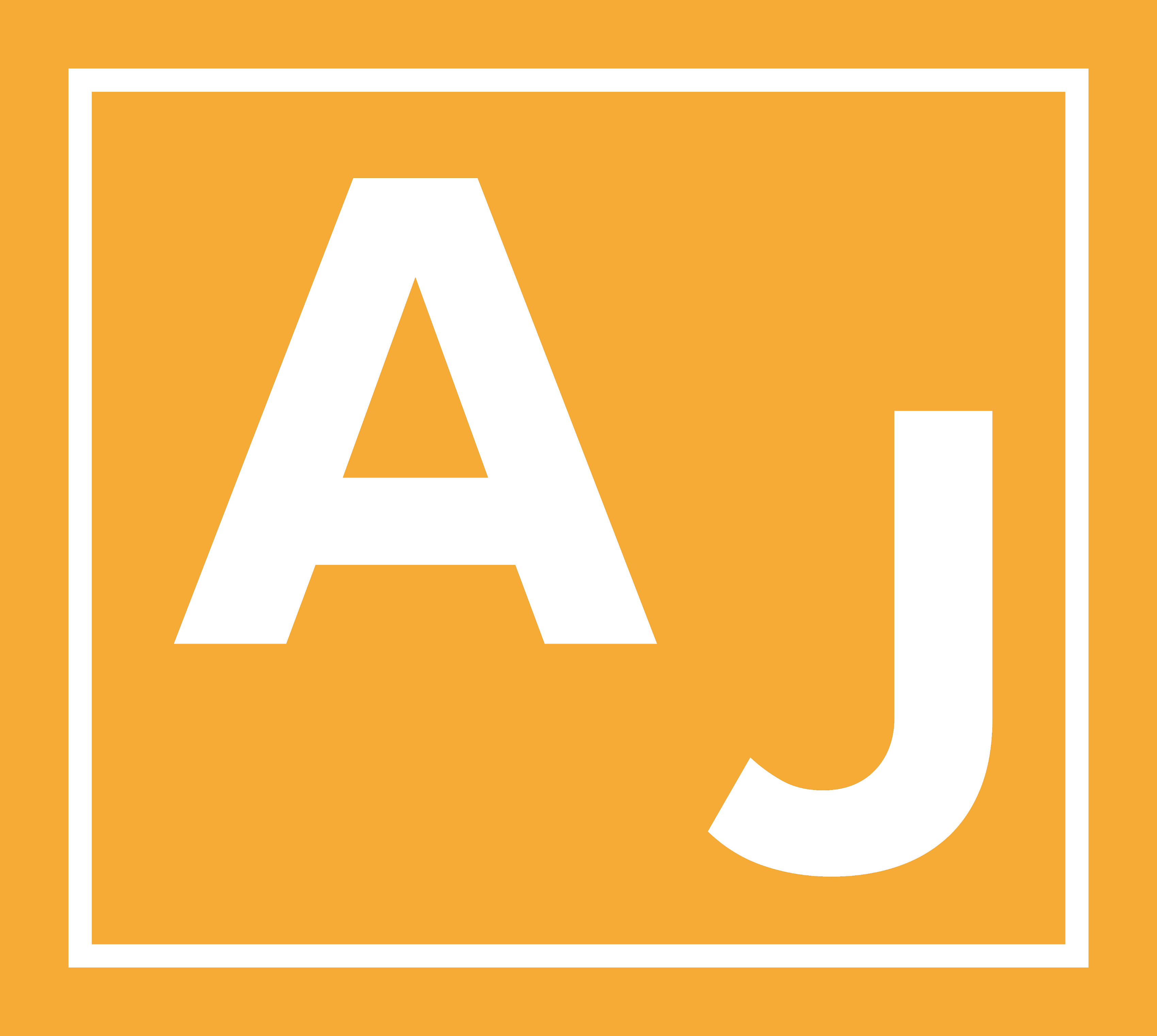
Finally, “Retooling Politics: How Digital Media Are Shaping Democracy” is also available internationally!
In Retooling Politics Gonzalo Rivero, Daniel Gayo-Avello, and I examine how digital media impact politics. We offer alternatives to accounts that claim digital media fundamentally transform political power and those that consider politics completely untouched by digital media
We do not focus on digital media’s supposed effects – transformation, revolution, ineffectiveness, or democratic decline. Instead, we present the impact of digital media on six areas and tasks.
Digital media are changing the structure of information spaces. Gatekeepers are weakened and established business models for news media are damaged. This changes availability and flows of political information as well as the possibilities for and actions of political actors.
Digital media are changing the ways in which political actors reach people. Indirect reach via traditional media and partners is weakened but supplemented by new intermediaries – such as digital platforms – and direct reach by political actors.
Digital media have effects on recipients. However, these are rather small and depend on usage motives and contexts. Yet, only by taking these into account we can develop a broader understanding of contemporary media effects.
Digital media make it easier for people to coordinate. This explains their important role in protests, social movements and newly formed parties. However, this presupposes an already existing willingness to cooperate. In this, the contribution of digital media is limited.
Success for outsiders in coordination and communication via digital media has weakened traditional organizations. Organizations, however, remain important for articulating and realizing political interests. Not least since digital alternatives show a high degree of fragility.
Data help political actors in the pursuit of their goals. Be it in campaigning or controlling populations, data is important and helpful. But is everything that counts actually measured and does everything that is measured actually count?
In all these fields, digital media are changing everyday politics decisively. However, this does not mean that all political power structures are suddenly turned upside down or that everyone suddenly becomes politically involved.
Filling democracy with live and opening it to new voices is just as difficult today as it was in the past. Digital media do not change the way politics is done. As a result, extreme expectations of both optimists and pessimists will not materialize.
While optimists expect democracy to be strengthened through greater participation, pessimists assume that it is weakened through manipulation and social division. Here, some seem to expect too much from citizens and others too little.
We discuss all of this and much more in our book. This goes for echo chambers, filter bubbles, microtargeting, Cambridge Analytica, Obama, Trump, and Brexit.
Anyone interested but not quite ready to commit to a book, have a listen to the Social Media and Politics Podcast where Michael Bossetta and I discuss the book, digital campaigning, data-driven politics, and do our best to bust some myths.
Given the current Covid-situation, we unfortunately won’t be able to personally present the book at a venue near you. But we are of course happy to join you for remote talks or in courses with topical relevance.

